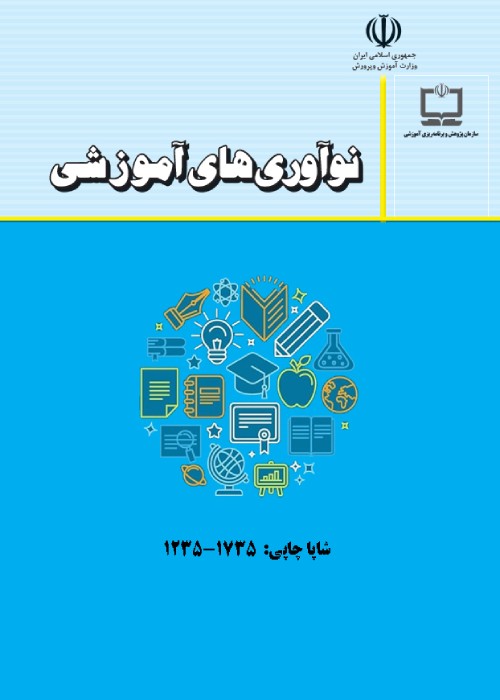The theoretical approaches to literacy: Evidence from America, Canada, England, Singapore, Senegal, Indonesia and Iran's curriculum
Author(s):
Abstract:
Literacy development is one of the central objectives of educational planning and has developed increasing significance in recent decades. In part, the emphasis on literacy has grown out of a perception that literacy is fundamental to contemporary economic systems and that economic development depends on the provision of adequate levels of literacy to a wide segment of the population. In response to such goals for literacy, educational planning has traditionally taken the form of determining how to inculcate literate capabilities in as wide a segment of the population as possible. The key planning dimension of education, then, has been to determine first, the definition of literacy and second, how best to provide as much literacy training as possible within the resources available to the country. Literacy has many different definitions. These definitions are influenced by the "autonomous" and "ideological" approaches to literacy. The "autonomous" approach to literacy disguises the cultural and ideological assumptions that underpin it, so that it can then be presented as though they are neutral and universal. On the other hand, the alternative, ideological approach to literacy, offers a more culturally sensitive view of literacy practices as they vary from one context to another. This approach posits that literacy is a social practice, not simply a technical and neutral skill.In this paper, the theoretical approach underlying the definition of literacy in the curriculum of two developing country (Indonesia and Senegal), four developed country, i.e., America (the state of New Jersi), Canada (the state of Alberta), England and Singapore, and finally the curriculum of Iran is discussed. We tried to clarify that the curriculum of these countries especially Iran's are to what extent influenced by the "autonomous" and "ideological" approaches to literacy.
Language:
Persian
Published:
Quarterly Journal of Educational Innovations, Volume:8 Issue: 31, 2009
Page:
75
magiran.com/p792642
دانلود و مطالعه متن این مقاله با یکی از روشهای زیر امکان پذیر است:
اشتراک شخصی
با عضویت و پرداخت آنلاین حق اشتراک یکساله به مبلغ 1,390,000ريال میتوانید 70 عنوان مطلب دانلود کنید!
اشتراک سازمانی
به کتابخانه دانشگاه یا محل کار خود پیشنهاد کنید تا اشتراک سازمانی این پایگاه را برای دسترسی نامحدود همه کاربران به متن مطالب تهیه نمایند!
توجه!
- حق عضویت دریافتی صرف حمایت از نشریات عضو و نگهداری، تکمیل و توسعه مگیران میشود.
- پرداخت حق اشتراک و دانلود مقالات اجازه بازنشر آن در سایر رسانههای چاپی و دیجیتال را به کاربر نمیدهد.
In order to view content subscription is required
Personal subscription
Subscribe magiran.com for 70 € euros via PayPal and download 70 articles during a year.
Organization subscription
Please contact us to subscribe your university or library for unlimited access!


